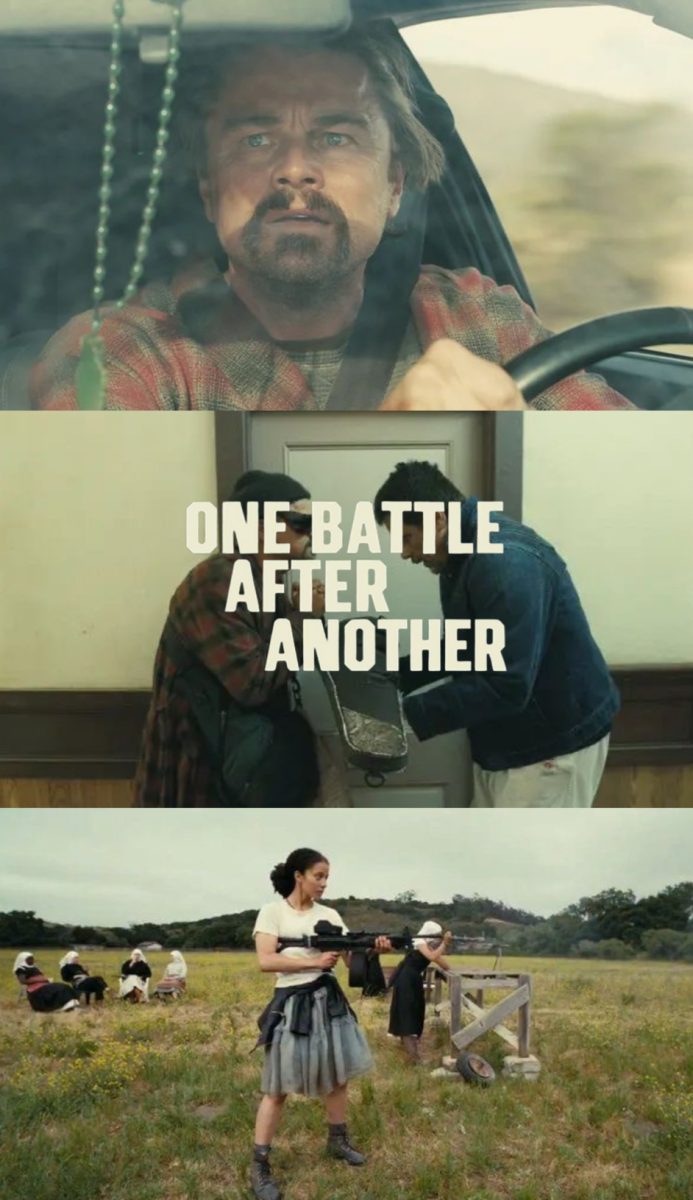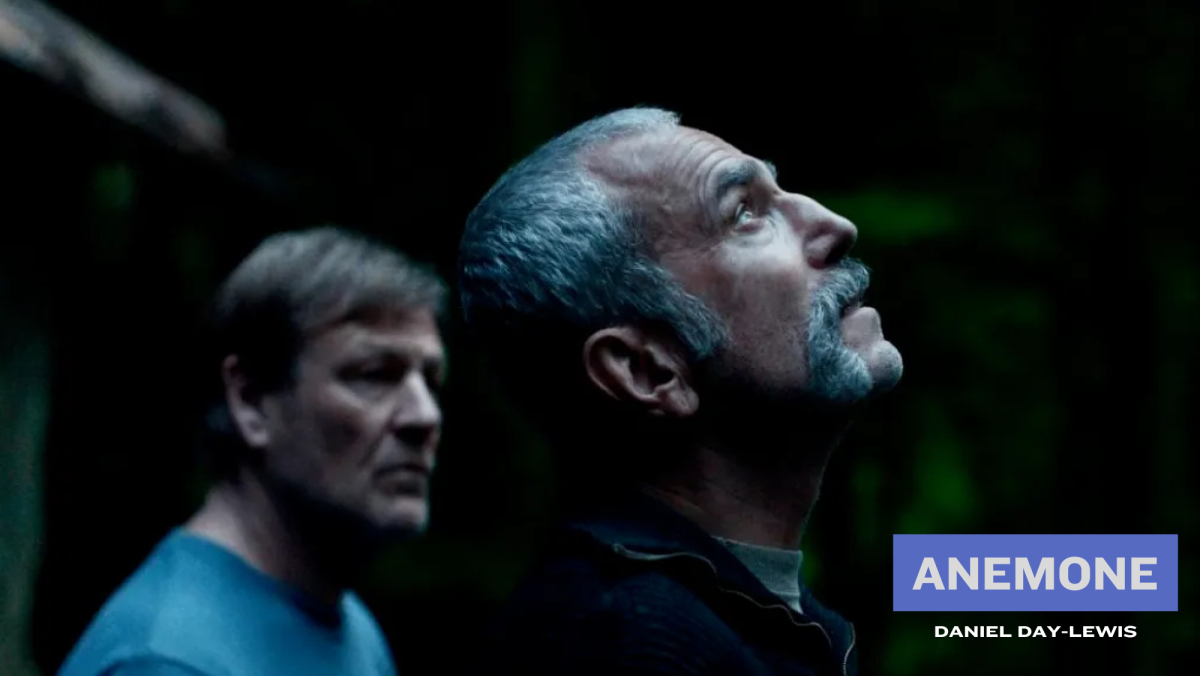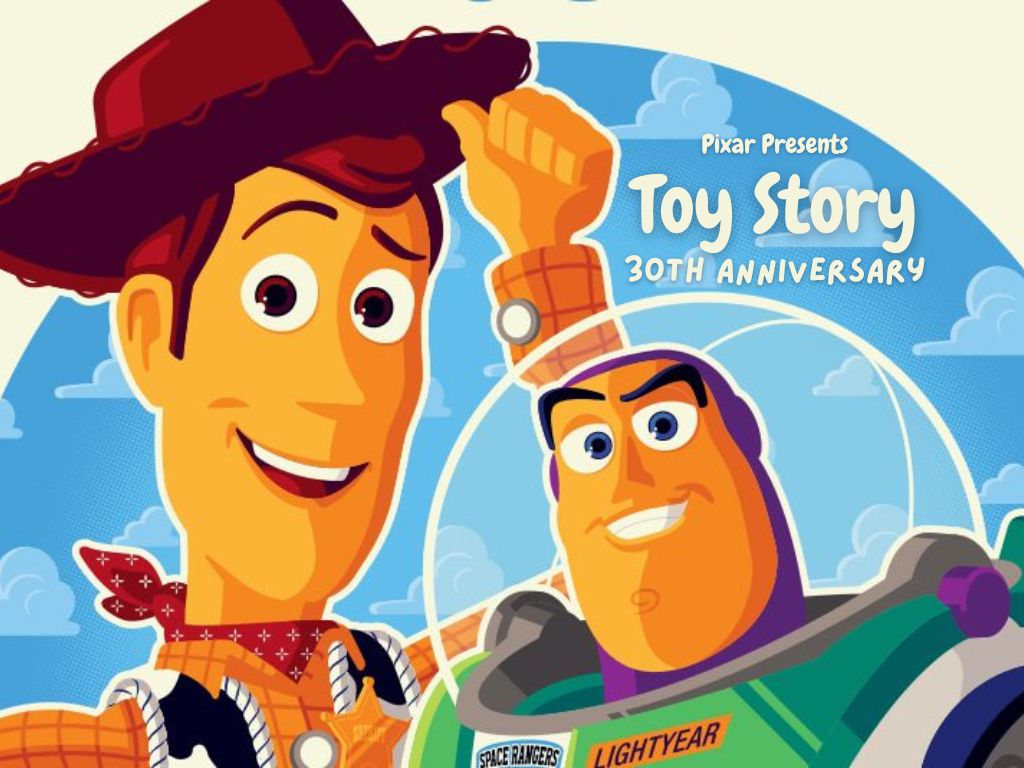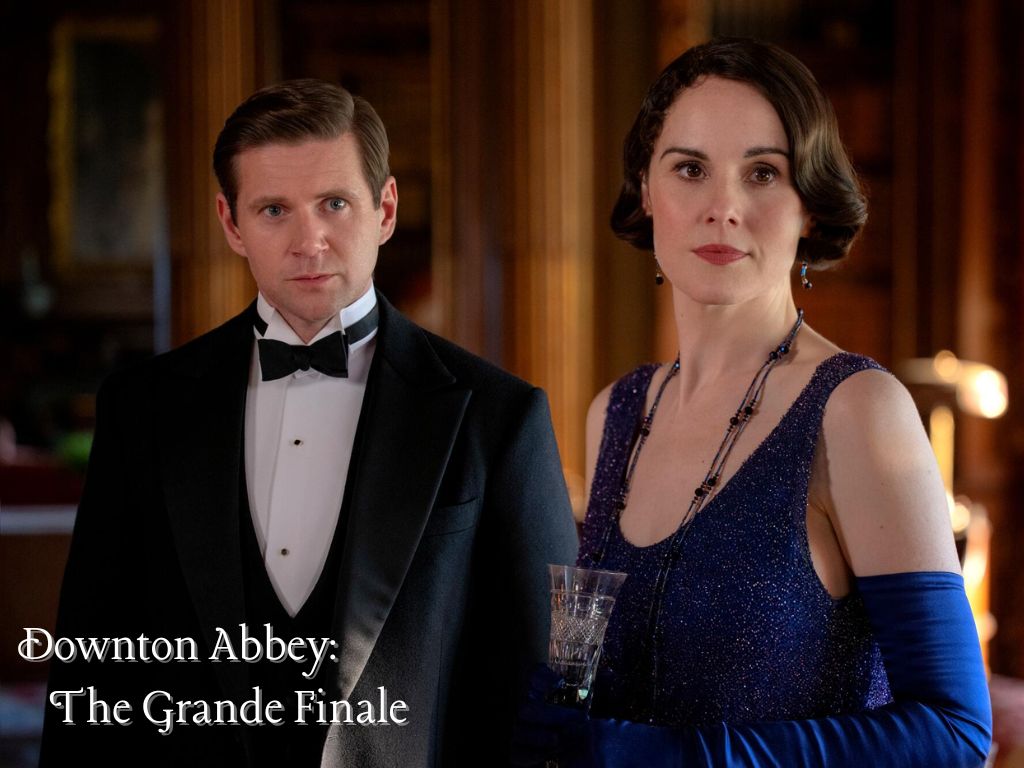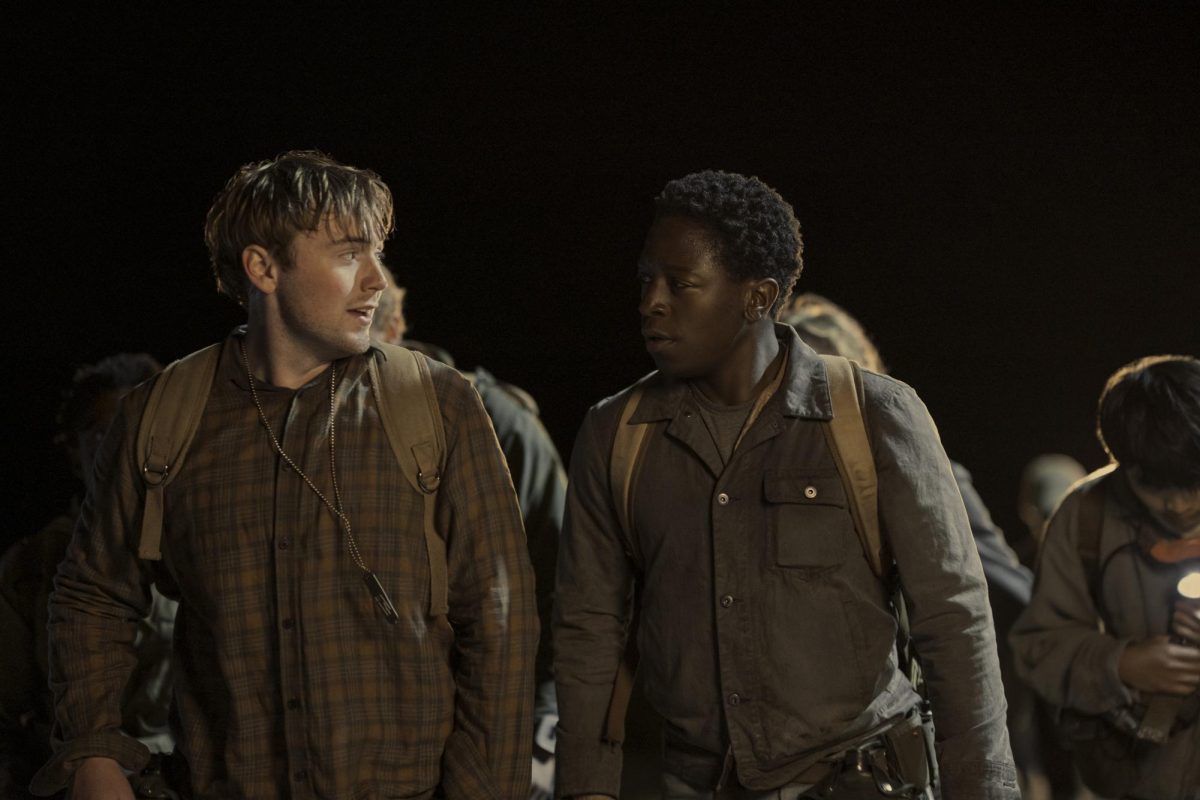by Karina Santiago
Two years ago, Gillian Flynn’s novel Gone Girl secured a spot on the bookshelves of every library across the nation. The page-turner kept many on the edge of their seats, utterly compelled by Flynn’s brilliant and witty storytelling. Her captivating characters and carefully-constructed plot quickly enticed millions of readers, landing Gone Girl a place on the New York Times Best Seller list and a thrilling movie deal.
Academy Award nominee David Fincher, better known for directing The Curious Case of Benjamin Button and The Social Network, took on the challenge of adapting the critically acclaimed novel for the screen. Now in its third week, the anticipated movie has scored 8.5/10 on IMDB and accumulated $108.2 million, surpassing John Leonetti’s Annabelle in the weekend box office. With an exceptional cast of Ben Affleck, Rosamund Pike, Neil Patrick Harris, Tyler Perry, and Carrie Coon, Flynn and Fincher join forces to tell the gripping story of Nick and Amy Dunne, a seemingly perfect couple whose marriage appears to have been tarnished and marked by a tragedy.
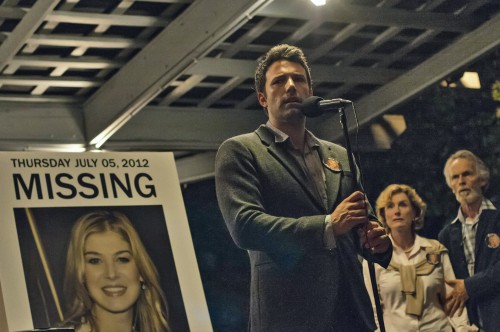
Nick Dunne, played by Ben Affleck, uncovers dark secrets about his marriage in the thriller “Gone Girl.”
The thriller unveils the hardships of a modern marriage and the psychological impacts of a troubled union, emphasizing how far people are willing to go to save their vows. While brilliant in conception, this film is also an extraordinary portrayal of modern society’s obsession with the media and the critical role it plays in the extensive pressure to be picture-perfect beings.
“What are you thinking? How are you feeling? Who are you? What have we done to each other?” are the first questions Nick Dunne (Affleck) poses at the beginning of the film. On the morning of their fifth wedding anniversary, Nick Dunne receives a call about some strange behavior in his house. As he rushes home, he is alarmed to find his front door wide open, the coffee table shattered in the living room, the iron still on and his wife Amy (Pike) nowhere to be found.
Through brief cuts to Amy’s journal entries in the form of voice overs and flashbacks, viewers are able to experience how their love story unfolds – from the moment they met to Amy’s final words on paper: “The man of my dreams, this man of mine, may kill me.” The sharp transitions between the past and present highlight the deterioration of their relationship.
As all indications point to Nick as the prime suspect in his wife’s murder case, he finds himself trapped by the way the media chooses to perceive him and by the discoveries he makes in his haunting journey to find the truth about what happened to Amy.
The satire of media obsession is depicted through the coverage of Amy’s murder case by various reporters and community members. It demonstrates how easy it is to manipulate the minds of hundreds of people through televised debates and the daily discovery of new evidence. “They disliked me, then they liked me. They hated me and now they love me,” says Affleck in one scene. The film also suggests the unnerving idea that even murderers can be worthy of social media obsession in today’s world.
The film illustrates the idea of modern disastrous marriages through Nick and Amy’s sour confrontations. The film’s catastrophic turn of events reveals Nick and Amy’s relationship to be more toxic and damaged than originally imagined.
Gone Girl is a layered, intelligent film with phenomenal performances and provoking points. The intricately woven mystery absolutely guarantees a phenomenal movie-going experience to be remembered for a long time.



